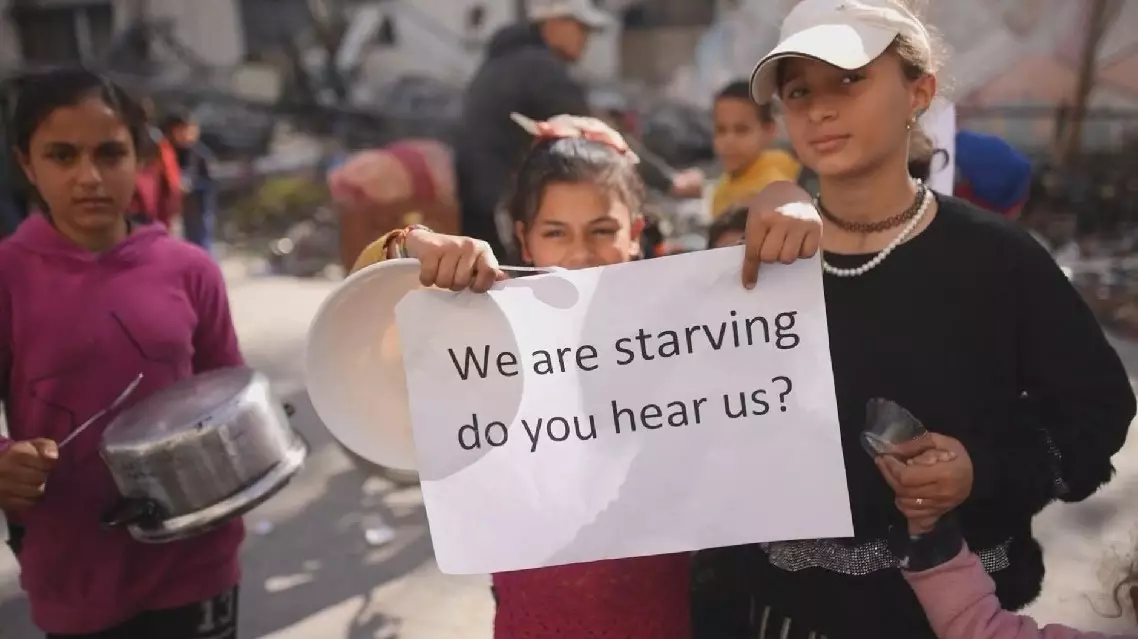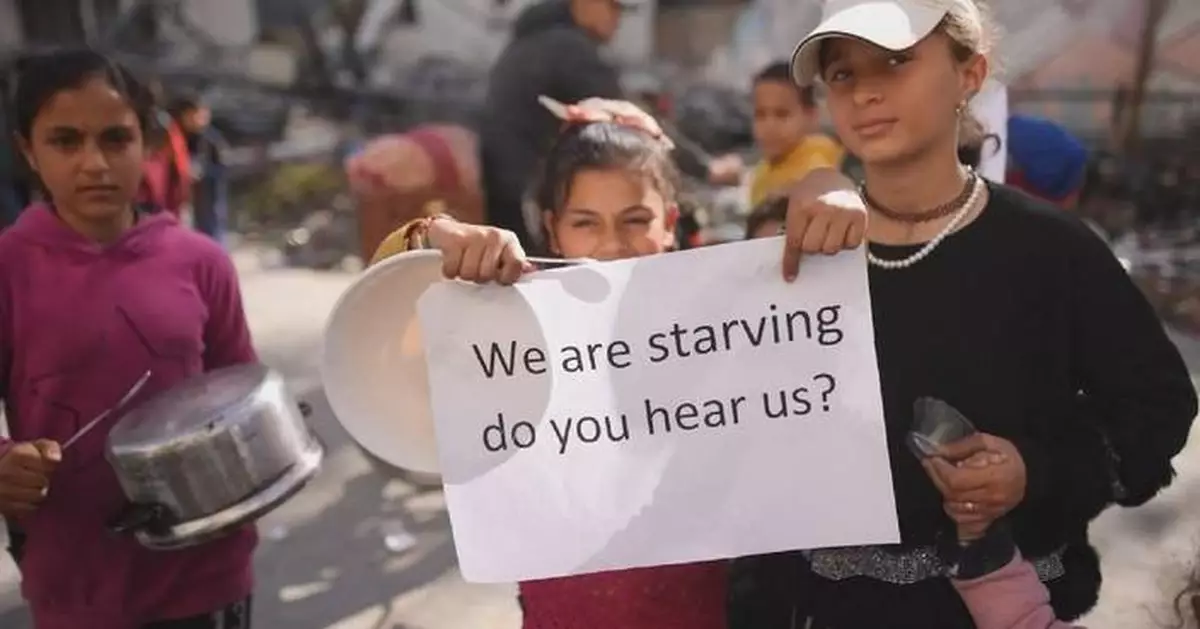Dangerous levels of acute hunger affected 281.6 million people in 59 countries and regions last year - the fifth year in a row that food insecurity has worsened, UN agencies warned on Wednesday.
According to the latest Global Report on Food Crises, the number of people facing severe food insecurity around the world increased by nearly 24 million in 2023 compared to 2022, the fifth consecutive year of growth, making it an urgent challenge to achieve the Sustainable Development Goal of eradicating hunger by 2030.
More than one in five people in 59 countries and regions faced acute food insecurity in 2023, up from about one in 10 people in 48 countries in 2016.
The report notes that regional conflicts have become a major cause of potential famine, as the food crisis in conflict hotspots escalates dramatically in 2023, particularly in the Gaza Strip and Sudan. The report says that the only way to save Gaza from famine is to ensure that enough food supply is brought into the area on a daily basis.
Economic shocks have pushed more than 75 million people into severe food insecurity. Despite declining international food prices, persistent inflation in some countries has eroded the purchasing power of poor households, and high levels of public debt has also strained governments' policy space to tackle inflation.
In addition, the report notes that extreme weather events have exposed 72 million people in 18 countries to severe food insecurity. Many countries face long recovery periods after droughts or floods. The report predicts that the full impact of the El Niño phenomenon, which peaked earlier this year, on food supplies could last a full year.
The number of people assisted and the rations of food aid are also downsizing as humanitarian fund aid is contracting and delivery costs are rising, exacerbating the precipice.

Acute hunger affects 281.6 mln people worldwide last year: UN report





















































